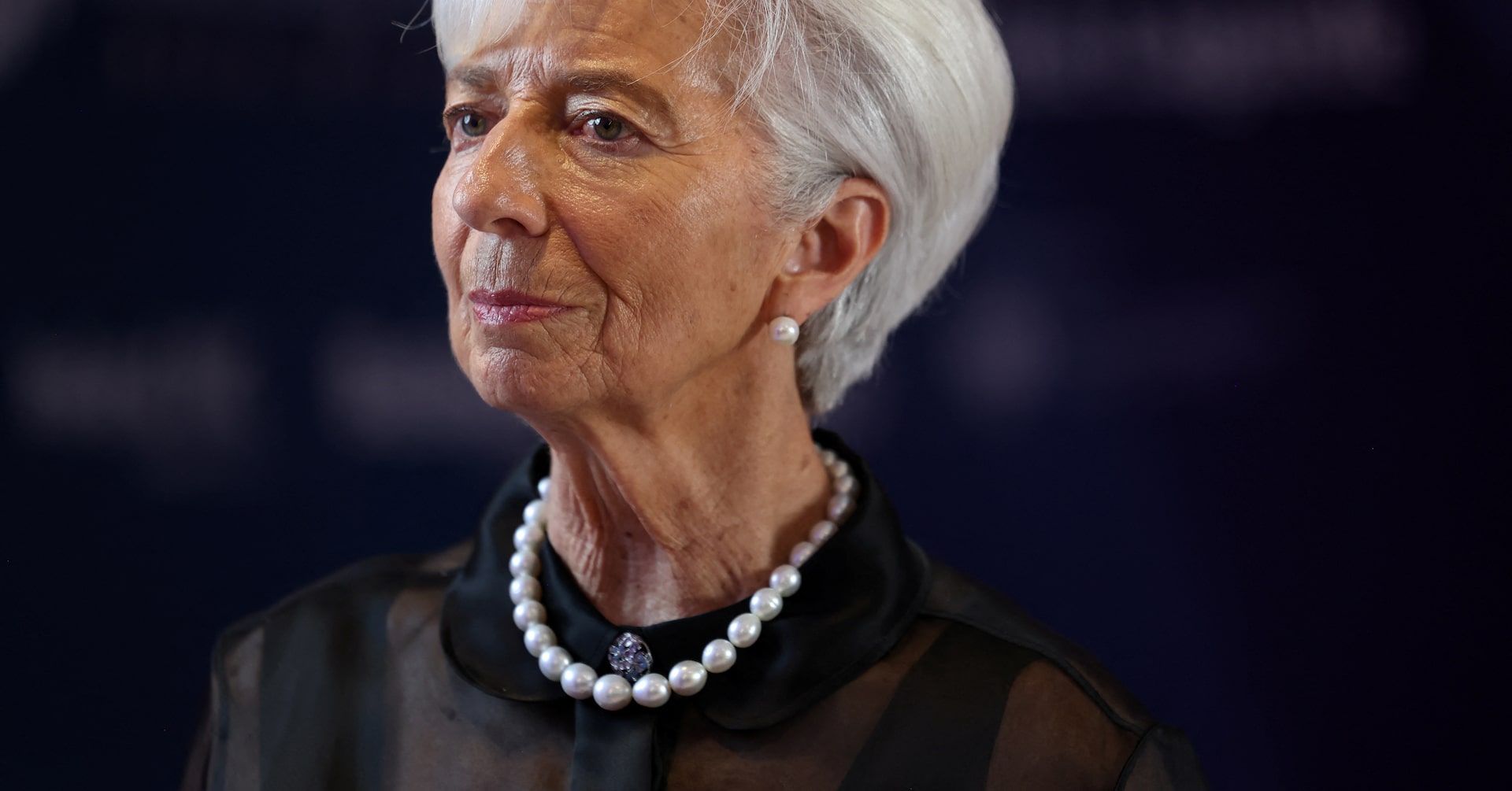Crisis-Proof Strategy: Lagarde Signals ECB's Financial Firepower Stands Ready

In a confident statement on Friday, European Central Bank (ECB) President Christine Lagarde reassured markets about the institution's preparedness to navigate potential financial challenges. Emphasizing the ECB's adaptability, Lagarde highlighted the bank's proven ability to swiftly develop innovative financial tools when economic turbulence emerges.
The ECB stands ready to deploy its full arsenal of monetary instruments to safeguard financial stability, demonstrating a proactive approach to potential economic disruptions. Lagarde's remarks underscore the central bank's commitment to maintaining economic resilience and providing a robust response to any emerging financial pressures.
With a track record of creative problem-solving during past economic crises, the ECB continues to position itself as a dynamic and responsive financial institution capable of addressing complex economic challenges with strategic precision.
